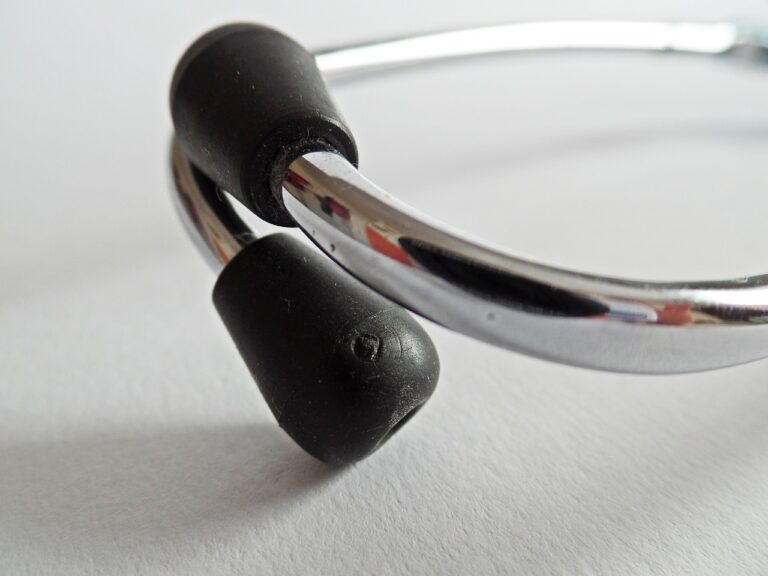Bariatric Surgery Complications: What You Should Know: Allpaanel mahadev book, Lotus book 365 registration, Laserbook 247
allpaanel mahadev book, lotus book 365 registration, laserbook 247: Bariatric Surgery Complications: What You Should Know
Are you considering bariatric surgery as a weight loss solution? While this procedure can be life-changing for many individuals struggling with obesity, it’s crucial to understand the potential complications that may arise. As with any surgical procedure, bariatric surgery comes with risks that patients should be aware of before making a decision. In this blog post, we’ll explore the most common complications associated with bariatric surgery and what you should know before going under the knife.
1. Infection
Infections can occur after bariatric surgery, particularly at the incision site. It’s essential to follow your surgeon’s post-operative instructions carefully to reduce the risk of infection. Signs of infection include redness, swelling, warmth, or pus at the incision site.
2. Blood clots
Blood clots are a potential complication of any surgery, including bariatric procedures. Blood clots can be dangerous if they travel to other parts of the body, so it’s essential to follow your surgeon’s recommendations for blood thinners and mobility after surgery.
3. Dumping syndrome
Dumping syndrome is a common complication of bariatric surgery that occurs when food moves too quickly from the stomach to the small intestine. Symptoms include nausea, vomiting, diarrhea, and weakness after eating. Following a strict diet and eating small, frequent meals can help manage dumping syndrome.
4. Nutritional deficiencies
Bariatric surgery can impact your body’s ability to absorb essential nutrients, leading to deficiencies in vitamins and minerals such as vitamin B12, iron, and calcium. It’s crucial to follow a strict supplement regimen and work closely with a nutritionist to prevent nutritional deficiencies after surgery.
5. Gallstones
Rapid weight loss after bariatric surgery can increase the risk of developing gallstones. Your surgeon may recommend gallbladder removal during your bariatric procedure to prevent this complication. It’s important to discuss the potential for gallstones with your surgeon before surgery.
6. Complications related to the stomach pouch or staples
Issues with the stomach pouch or staples used in bariatric surgery can occur, leading to leaks, strictures, or blockages. These complications may require additional surgery to correct, so it’s crucial to follow your surgeon’s recommendations for follow-up care.
FAQs
Q: How long does it take to recover from bariatric surgery?
A: Recovery time varies for each patient, but most individuals can return to work and normal activities within 4-6 weeks after surgery.
Q: Can bariatric surgery be reversed?
A: In some cases, bariatric surgery can be reversed, but this decision should be made carefully and in consultation with your surgeon.
Q: Will I lose weight quickly after bariatric surgery?
A: Weight loss after bariatric surgery varies for each patient, but most individuals can expect to lose a significant amount of weight within the first year post-surgery.
In conclusion, bariatric surgery can be a life-changing procedure for individuals struggling with obesity. However, it’s essential to understand the potential complications associated with this surgery and take steps to minimize these risks. By following your surgeon’s recommendations for pre-operative and post-operative care, you can increase the likelihood of a successful outcome. Remember to discuss any concerns or questions you have with your surgeon before undergoing bariatric surgery.







